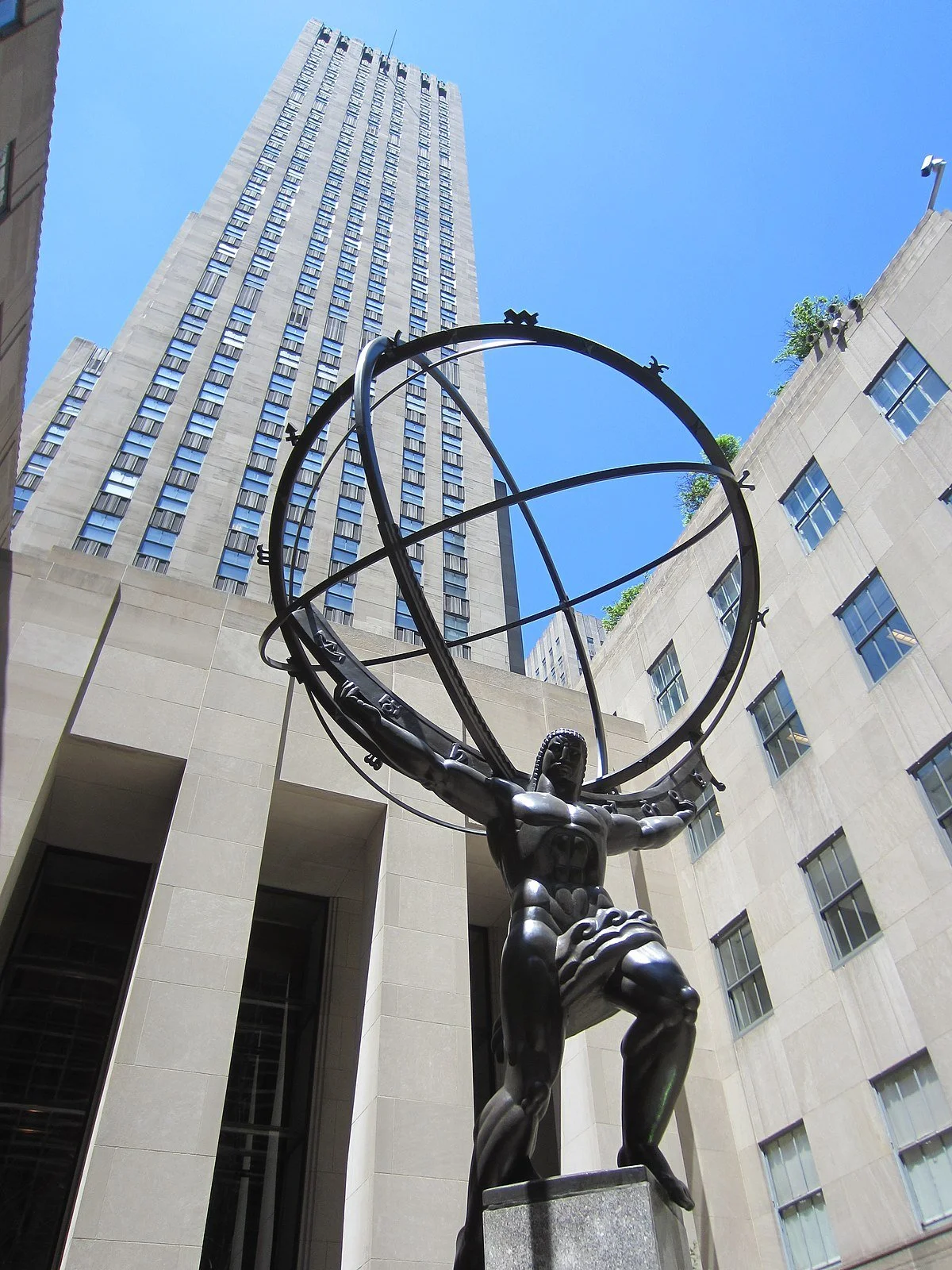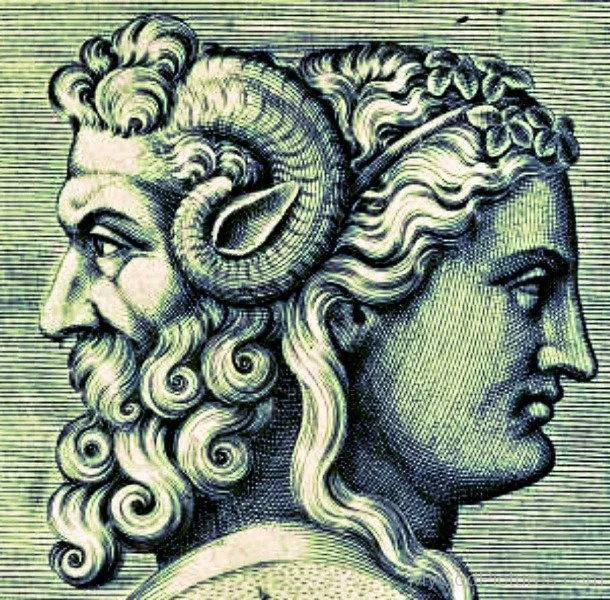Ironies Hidden in Plain Sight
Humor brings insight and tolerance. Irony brings a deeper and less friendly understanding. —Agnes Repplier
Life is that perfect fine line between ironies. —Serj Tankian
Irony is just honesty with the volume cranked up. —George Saunders
Above: The Queen of Irony, herself.
If variety is the spice of life, irony is its tang.
It seldom tastes good alone, but coupled with flavors sweet, sour, spicy, and more, it can really make the taste buds sing.
If modernity is a meal, what it lacks in nutrition, it makes up for in flavor.
Consider the wild ride we’ve been on these last few years; the truth is indeed stranger than fiction. As Mark Twain famously said, “The difference between reality and fiction? Fiction has to make sense.”
Another brilliant writer, David Foster Wallace, once wrote, “The great thing about irony is that it splits things apart, gets up above them so we can see the flaws and hypocrisies and duplicates.”
I think this is apt; irony and contradiction—two strange, related bedfellows—can provide tremendous clarity if we let them.
Perhaps no text better does this than Lao Tzu’s Tao Te Ching. Per the Encyclopedia Britannica (emphasis mine):
The Tao-te Ching presented a way of life intended to restore harmony and tranquillity to a kingdom racked by widespread disorders. It was critical of the unbridled wantonness of self-seeking rulers and was disdainful of social activism based on the type of abstract moralism and mechanical propriety characteristic of Confucian ethics.
Sound familiar?
Sans its historical references, the above could easily apply to our here and now:
The Tao provided a much needed pause for on an out-of-control time. Its beauty emanates from its sage words. Each line is like a puzzle that takes time, patience, and persistence to solve. For example, “If you try to change it, you will ruin it. Try to hold it, and you will lose it.”
It is the written manifestation of the aphorism “slow is smooth and smooth is fast.” Its apparent contradictions can only be worked out if you sit with, consider, and surrender to them.
There’s a profound lesson here about life. Inspired by this, below are some more timely ironies and contradictions. Think of them as intellectual speed bumps that will force you to slow down and pay closer attention to what’s right in front of you.
After all, we’re only here for a short visit. We should be sure to stop and smell the roses along the way.
We are least likely to say what we most need to.
The life of the party is often dying inside.
Your only security in life is yourself and yet no man is an island.
A man who has failed repeatedly can have friends. Because no man is a failure who has friends, it is very hard to truly fail in this life.
We all want to change the world but few want to change themselves. The former is impossible, the latter doable.
Action is the result of dark pessimism and frenzied optimism working together.
Absolute freedom is just a soft imprisonment—a dark, small cell with padded walls. There’s a reason why Dante’s Inferno depicted Satan trapped in a frozen lake.
There are things that are true that cannot be explained by science.
If you don’t hate writing a little, you don’t love writing enough. This is true of most things in life that are hard and worthwhile (e.g. running).
People who spend most of their life online, have a miserable life offline. If your heaven consists of URLs, your IRL will be hell.
The most alive person is most ready for death.
Though the center of our respective universes, we are but tourists of history and guests on this planet.
IQ can be quantified and means little. EQ cannot be qualified and means everything.
The problem isn’t that machines are becoming more human-like, it’s that humans are becoming more machine-like in an effort to keep up.
Ignorance is bliss and knowledge is a burden.
Religion is not something you grasp, it’s something that grasps you.
The jester is often wiser than the king.
Most people want a beloved more than they want to be loved or, worse, love themselves.
Innovation necessarily starts from imitation.
In a world of instant gratification and infinite information, questions matter more than answers.
Most satire is a defense mechanism for those who can’t think serious things or say serious thoughts.
We want things we can’t describe and we describe things we don’t want.
Scarcity drives abundant demand.
So many live to work, they don’t work to live.
Simple things come from complex thought.
We’re often nostalgic for things we’ve never known.
An excess of stuff follows from a deficiency in spirit.
Most of what we read, watch, and listen to is just entertainment disguised as knowledge.
So many hate their jobs but are addicted to the money that they think will buy them a better life.
Jean-Paul Sartre had it wrong. Hell isn’t other people. Hell is your disordered relationships with others.
Most conversations are just polite copy-and-paste choreography. The best ones are spontaneous and extemporaneous.
So few people live as though they’re never going to die. Because of this they die without ever having lived.
This jumble of words made you stop and think—maybe even reflect—but you won’t do anything about it.







